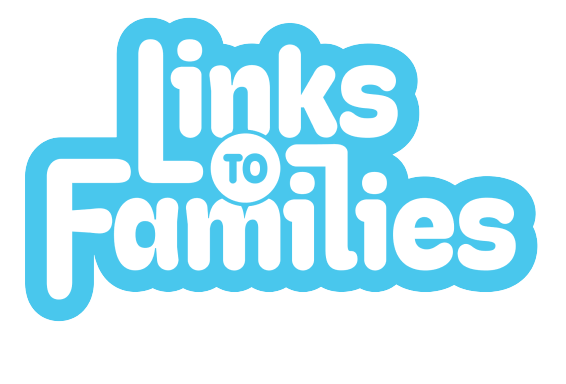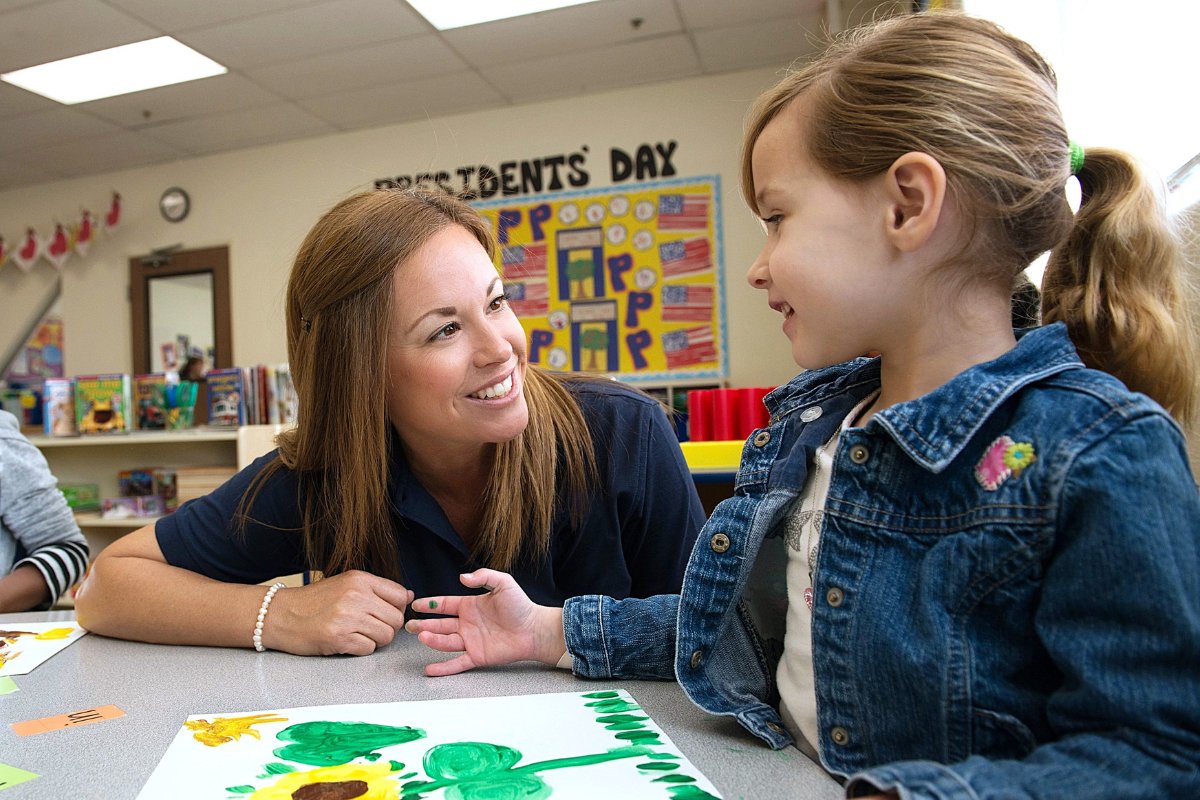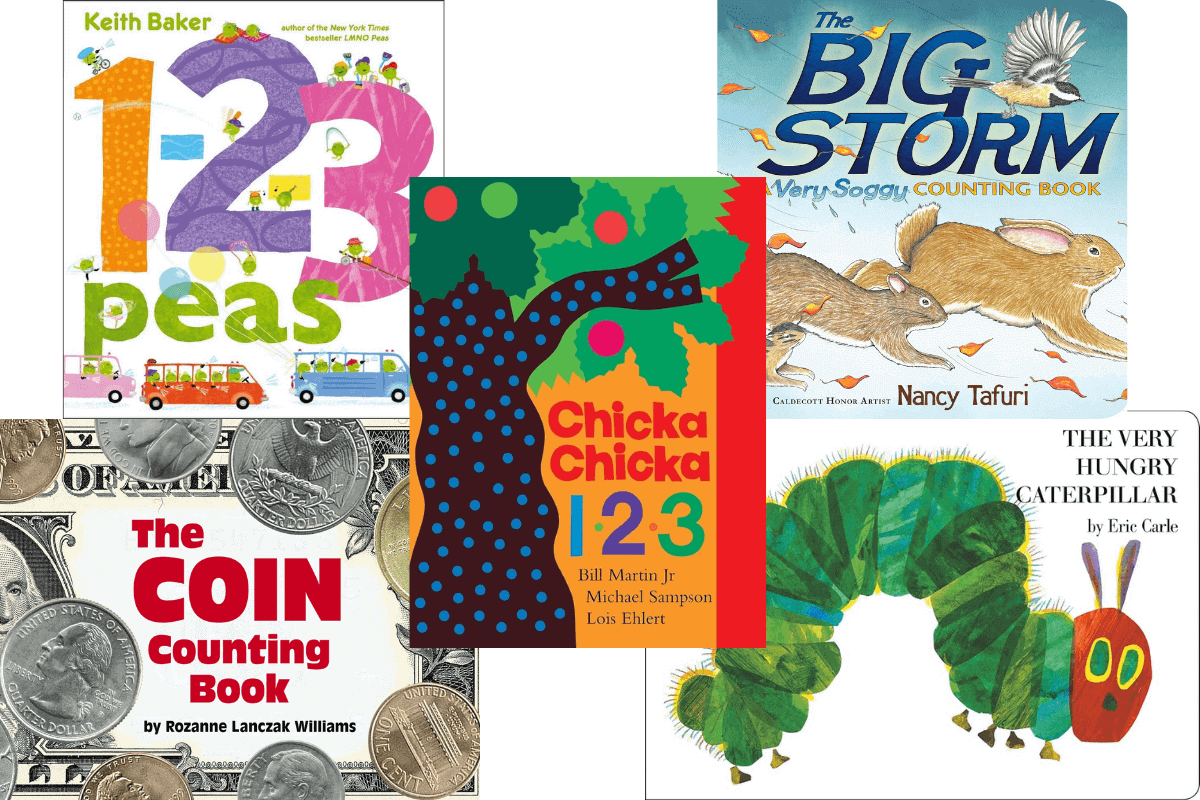

Discover, Learn, Grow
Our blog is a hub of ideas and insights to enhance your family’s preschool experience. Dive into a world of creative activities, parenting tips, interviews with our early childhood experts, educational resources, and much more.
June 23, 2025
Social-Emotional Learning
June 12, 2025
Language & Literacy
Parent Resources
May 27, 2025
Parent Resources
March 29, 2025
Parent Resources










